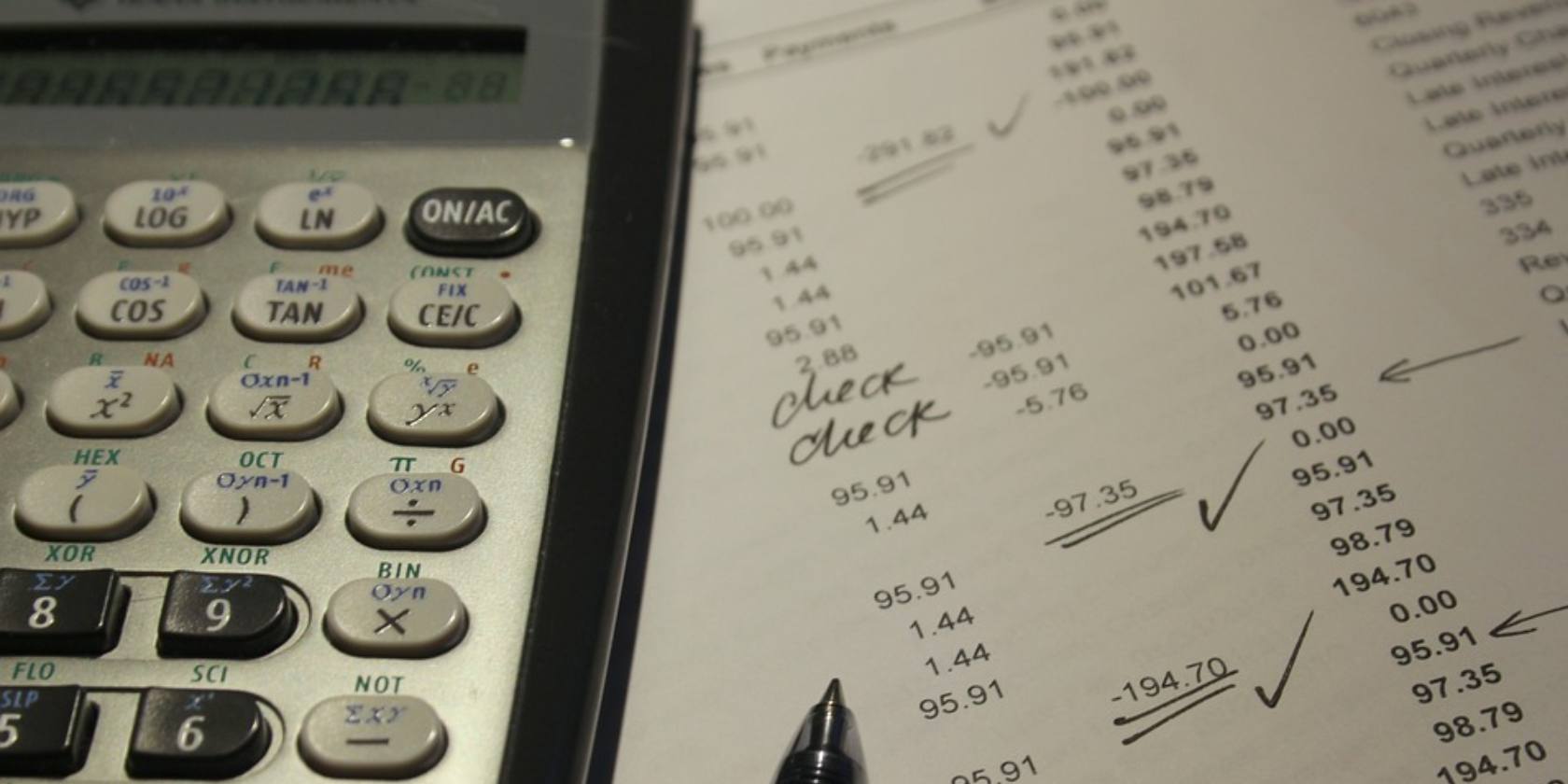If you’re a gambling enthusiast, you already know that the losses can add up quickly. Tax laws allow you to write off gambling losses, and these can prove beneficial when preparing your tax returns at the end of the year.
However, when it comes to claiming your losses, the IRS requires that you present clear proof. When it comes to proving your gambling losses, bank statements may not always be enough.
Here we discuss whether bank statements are proof of your gambling losses, and if not, what you can do to prove your losses.
Why You Should Prove Gambling Losses
Any losses that you’re claiming on your tax return have to be backed by irrefutable proof to support your claims. Otherwise, your deductions may be disallowed by the IRS, leading to tax penalties and additional charges.
As gambling is a profession, and it’s not uncommon for individuals to misrepresent their gambling losses, the IRS has stringent audit standards for anyone who claims gambling losses on their tax returns.
People can also hide certain transactions like PayPal from their bank statements, making it harder for the IRS to consider bank statements alone as evidence for losses.
Therefore, providing the IRS with the exact documentation they require to prove your gambling losses is critical. You should document your gambling activities throughout the year, keeping receipts and other records of your gambling expenses.

Documenting your gambling winnings is also vital, as losses can only be used to offset up to the amount you’ve declared in winnings.
The documentation required by the IRS to support gambling losses includes a diary or log of gambling activities, receipts, tickets, bank and credit card statements, W-2G forms, and other records.
The IRS is looking for clear and convincing proof that your losses were genuinely incurred, and that the amounts claimed are accurate based on your gambling activity throughout the year.
Without proper documentation of your losses, the IRS can disallow your return, leading to additional charges and penalties.
Therefore it’s critical to ensure that you have all documentation required by the IRS to substantiate your gambling losses in case of an audit.
Are Bank Statements Proof of Gambling Losses?
If you make losses while placing bets, casino-style games, lotteries, and racetracks, these losses can be commonly used as itemized tax deductions to offset your winnings.
However, proving these losses can be challenging, and bank statements are generally not considered sufficient proof of your gambling losses by the IRS.
There are various reasons why bank statements alone may not be considered adequate proof of your gambling losses. The IRS is looking for documented records that specifically identify gambling transactions.
Withdrawal transactions from ATMs or cash advance transactions can’t be considered evidence of gambling losses. These transactions can be easily misrepresented and not accurately represent gambling activities.

Moreover, bank statements can show general transactions that occurred during the period in question, but the IRS requires specific records that relate to gambling losses. This record includes original betting slips, any receipts, and documentation of your gambling activities.
However, if your gambling expenses are paid through your bank account or a credit card, these transactions can show up on your bank statements.
Debits and credits on your bank statements that indicate purchases made on online gambling sites, wagers, and casino visits can provide evidence of specific gambling-related transactions that can be used to support your claims.
These records, accompanied by detailed diary records and other receipts, may be sufficient for proof of a loss from gambling.
To provide more concrete evidence, it’s best to keep receipts, bank deposit slips, proof of winnings, and other records of your gambling expenses throughout the year.
This will help establish the relationship between your bank transactions and your gambling activity, and provide necessary documentation to support your claims.
Getting bank statements is easy if you’re a Chime bank customer.
Identify Bank Transactions Related to Gambling Losses
Identifying the transactions related to your gambling activities is an essential step when trying to establish proof of your gambling losses.
As previously mentioned, bank statements may not show relevant details of your gambling activity. Therefore, you have to review your statements carefully to identify and separate the transactions accurately.
To identify the transactions throughout the year that might relate to your gambling losses, review your bank statements regarding debits and credits, particularly for online gambling transactions, casino visits or using a credit card for betting activities.

These transactions may include bank transfers to third-party payment providers that are mainly linked to online gambling sites or casino and bookmaker transactions.
Additionally, you should differentiate gambling expenses from other expenses in your account. This can be done by tracking your gambling expenses with tools like a spreadsheet or a gambling diary throughout the year.
Documenting spending in this way can make it easier to identify specific transactions relating to gambling losses when reconciling bank statements for losses claimed.
It’s also critical to secure receipts, tickets, and documentation for all your gambling-related expenses throughout the year.
You can then reconcile this with your bank statements and credit card bill to help establish the connection between the transactions on the statements and the gambling activities they relate to.
It’s also recommended that you hire an attorney and share your bank statements with a lawyer and let them decide what’s the best course of action.
Understanding Tax Laws for Gambling Losses
In summary, while bank statements can be helpful in showing additional financial records, they alone may not be enough to provide conclusive evidence of gambling losses.
Instead, it’s best to keep detailed records of all gambling activity throughout the year, accompanied by specific records that establish the relationship between bank statements and the losses claimed.
By doing this, you can minimize the risk of additional taxes and penalties for not reporting gambling winnings or losses that can come with an IRS audit.

Наш сервис способен найти данные по заданному профилю.
Укажите имя, фамилию , чтобы сформировать отчёт.
Бот сканирует открытые источники и активность в сети .
глаз бога
Информация обновляется мгновенно с проверкой достоверности .
Идеально подходит для анализа профилей перед сотрудничеством .
Конфиденциальность и точность данных — гарантированы.